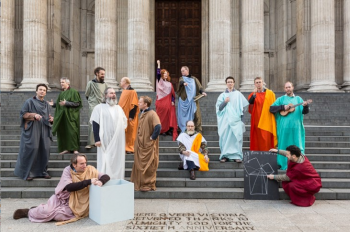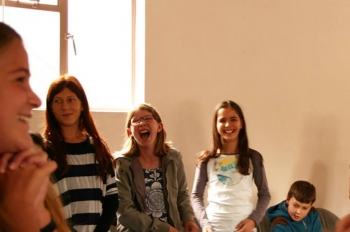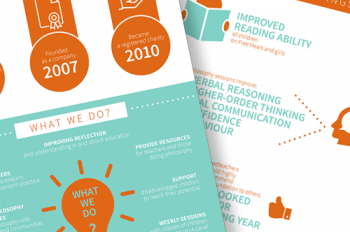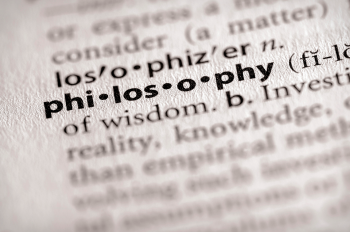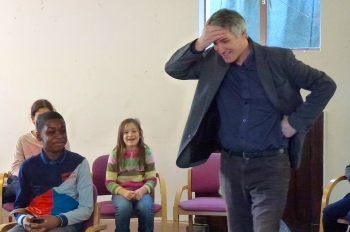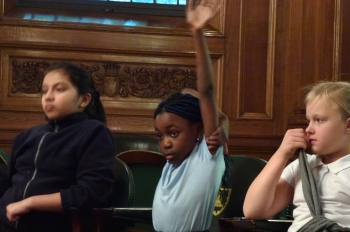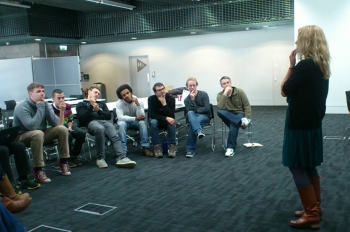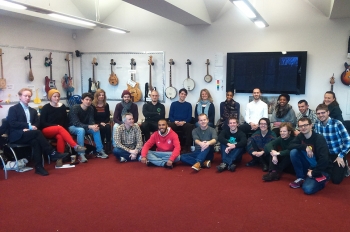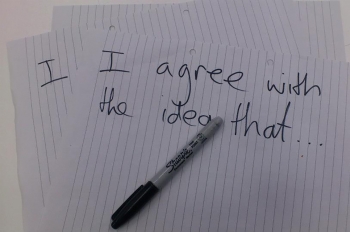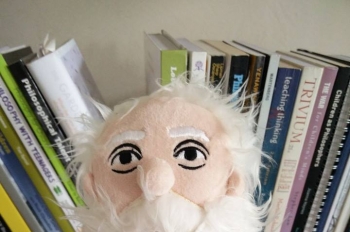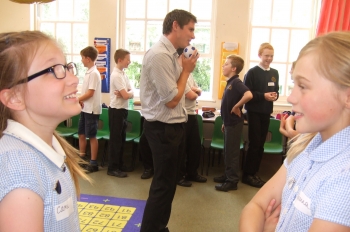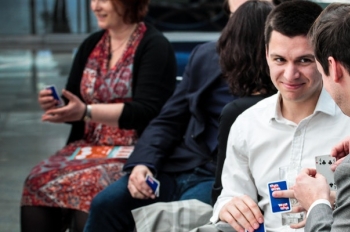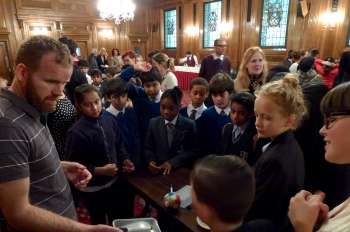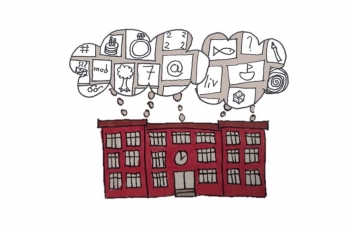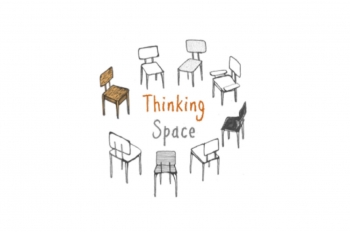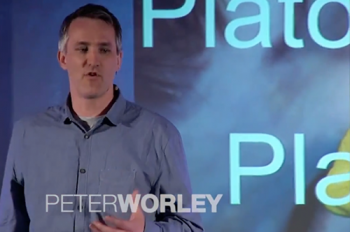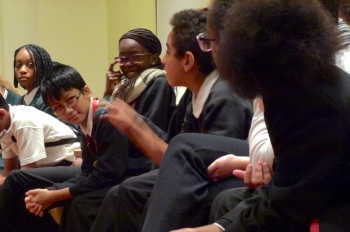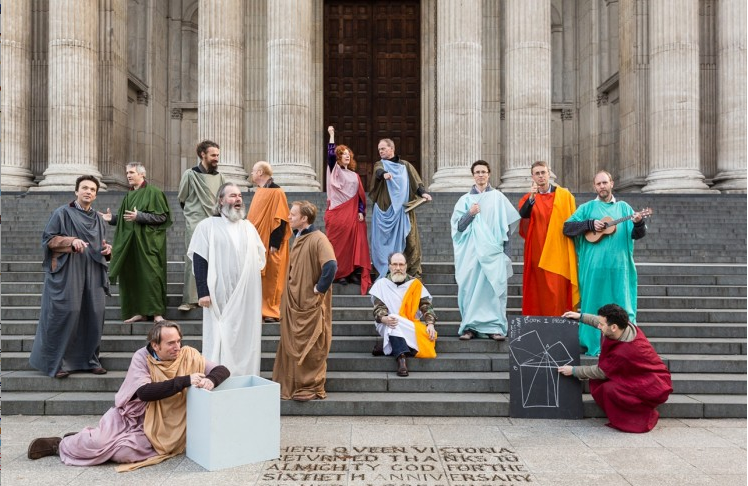
The aim of philosophy, abstractly formulated, is to understand how things in the broadest possible sense of the term hang together in the broadest possible sense of the term.
Wilfrid Sellars
What is Philosophy?
A definition of philosophy is notoriously difficult. However, it is important, for anyone writing or training about doing philosophy, first of all to spell out what they mean by it so that the reader has some idea about what kind of philosophy they will encounter and, when training people to facilitate philosophy, to provide criteria.
The Philosophy Foundation’s account attempts to capture something of its spirit, structure, content, method, aims and hopes, but our account is inextricably personal to us and culturally specific. So, consistent with the philosophical spirit we’ve tried to illustrate here, one might wonder whether philosophy is – at least in addition to what we have said it is – something other than what we have said it is; to accept our account uncritically would not be very philosophical, after all.
The short answer
Philosophy is a way of thinking about certain subjects such as ethics, thought, existence, time, meaning and value. That 'way of thinking' involves 4 Rs: responsiveness, reflection, reason and re-evaluation. The aim is to deepen understanding. The hope is that by doing philosophy we learn to think better, to act more wisely, and thereby help to improve the quality of all our lives.
The longer one
You can read our longer definition on the document below.
In Philosophy it’s not that there are no answers it’s just that the answers are very difficult to find.
Adam, aged 11
The film version
Peter Worley speaking at the Battle of Ideas 2015 'Can Children Do Philosophy?'
Types of questions we explore
- Who should be in charge? How should we decide?
- What is fairness?
- What is responsibility?
- What is beauty? Who decides?
- Are some things absolutely wrong or right, or is it all relative?
- Is zero a number?
- What is freedom?
- Would you like to live forever if you could?
- Are people of equal value?
Philosophy’s not asking questions, it’s understanding questions
Child, aged 10


